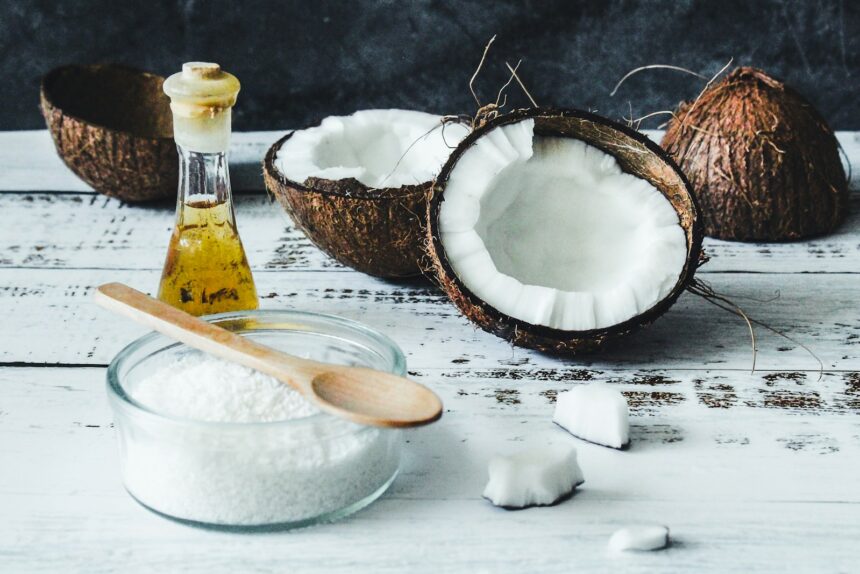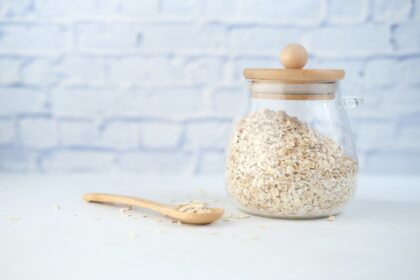At some point, coconut oil seemed to be everywhere — added to coffee, used in hair masks, tossed into stir-fries, and praised as a cure-all. But then came the backlash. Critics called it dangerous, questioned its heart health claims, and labeled it “pure poison.” So… was it ever worth believing in?
Here’s a look at what coconut oil really does — and whether it deserves a spot in your kitchen or bathroom cabinet.
Why Some Experts Say Coconut Oil Is Harmful
The main concern comes down to fat. Coconut oil is loaded — roughly 80 to 90 percent — with saturated fats. That’s significantly more than butter (around 63 percent) or beef fat (about 50 percent). And saturated fat has long been tied to higher levels of LDL cholesterol — the “bad” kind that clogs arteries and increases heart disease risk.
Major health organizations, including the World Health Organization and the American Heart Association, continue to recommend limiting saturated fat intake. One meta-analysis published in Circulation found that coconut oil raises LDL cholesterol more than plant-based oils like olive or sunflower.
And that’s not just theory. High LDL is a proven risk factor for atherosclerosis and other cardiovascular problems.
The Other Side: What Defenders Say
Still, supporters of coconut oil argue that not all saturated fats act the same way in the body. Much of the fat in coconut oil comes from medium-chain triglycerides (MCTs), which behave differently than the long-chain fatty acids found in meat and dairy.
MCTs are metabolized faster — they go straight to the liver and are used as a quick energy source. Some research even shows that coconut oil might raise HDL cholesterol, the “good” kind that helps clear bad cholesterol from your system.
Also worth noting: coconut oil contains lauric acid, which makes up about half of its fat content. Lauric acid has shown antibacterial and antiviral properties, which is part of why coconut oil is so popular in skin and hair products.
So… Is Coconut Oil Safe or Not?
Like most things in nutrition, it depends. Coconut oil is not the villain some headlines have made it out to be — but it’s not a magical superfood either.
Its cosmetic benefits are real — it works well for moisturizing skin and hair. But using it daily in your meals, especially if you’re trying to protect your heart, might not be the smartest move.
What Science Says Right Now
Coconut oil is not “heart-healthy.” Its impact on LDL cholesterol means it is not the best option for regular cooking. Oils high in unsaturated fats — like olive, avocado, or canola — remain the better choice for heart health.
Use it sparingly and for flavor, not as your go-to oil. If you love the taste it adds to baked goods or Southeast Asian dishes, there’s no need to completely cut it out. Just use it in small amounts.
Your overall diet matters more than a spoonful of oil. If your meals are mostly filled with vegetables, fiber, whole grains, and healthy fats, a bit of coconut oil is unlikely to cause harm. Context always matters.
So no — coconut oil isn’t toxic. But it’s also not a miracle. Like most trends, the truth lands somewhere in between.










